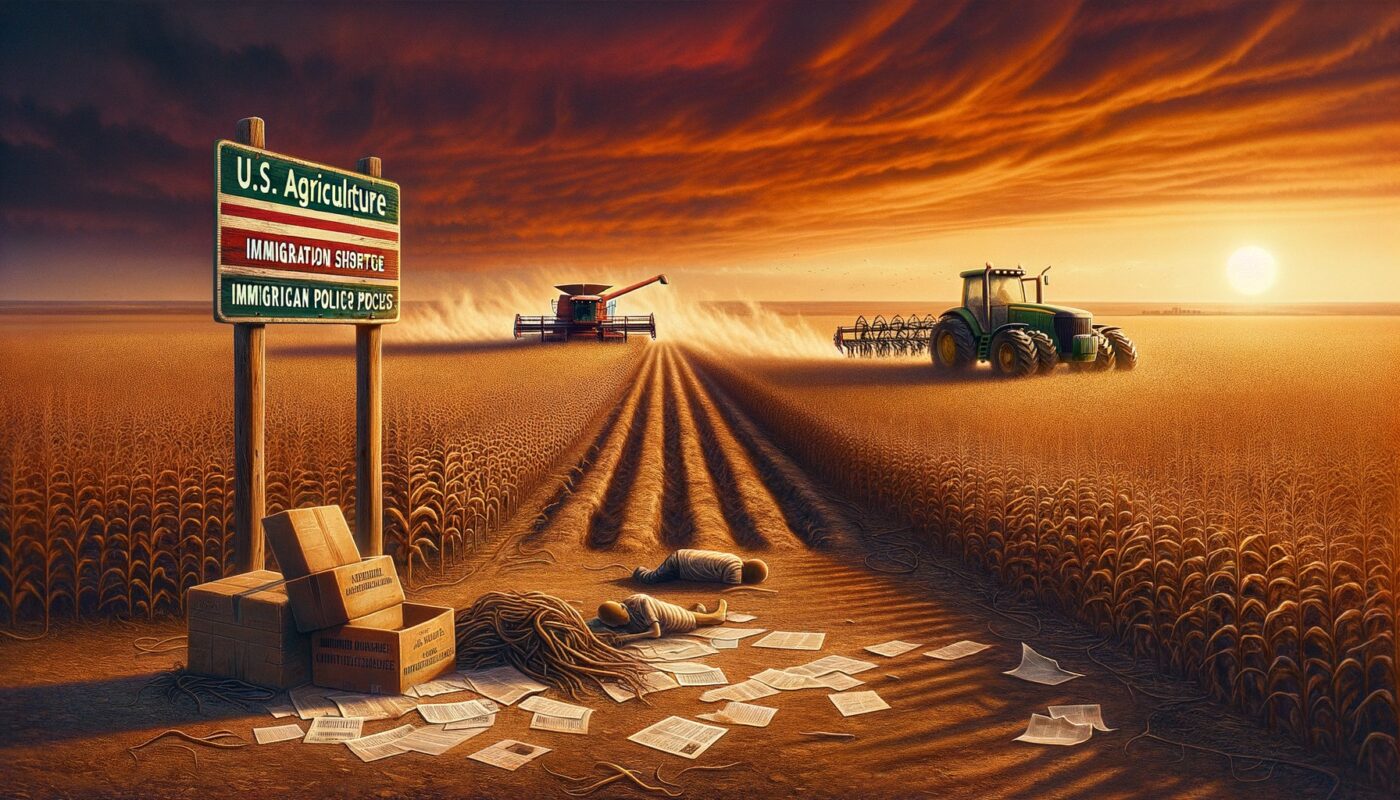As President-elect Donald Trump gears up to implement his immigration policies, concerns are mounting within the agricultural sector. These policies, which include mass deportations, may pose a significant threat to states with labor-intensive farming industries, potentially destabilizing fragile economies that rely heavily on immigrant labor.
Understanding the Role of Immigrants in Agriculture
A staggering two-thirds of the nation’s crop farmworkers are immigrants, reports the U.S. Department of Labor. Among these, about 40% lack legal authorization to work in the United States. Additionally, farm operations in sectors such as meatpacking, dairy, and poultry are majorly dependent on an immigrant workforce.
Bruce Lampman, owner of a dairy farm in Idaho, emphasizes the repercussions of losing immigrant employees: “My business and every agricultural business in the U.S. will be crippled if they want to get rid of everybody who does the work.” Without these workers, Lampman argues, the agricultural landscape would face unprecedented disruption.
Challenges in Addressing Labor Shortages
Even under current circumstances, many farms already struggle with labor shortages. According to Anita Alves Pena, an economist at Colorado State University, farmers frequently face difficulties in hiring enough laborers, especially given the low wages and demanding nature of farm work.
Employers often turn to the federal H-2A visa program for help. Though helpful, it primarily supports seasonal work, creating issues for year-round agricultural operations. Consequently, the deportation of existing workers cannot be mitigated through an immediate expansion of these visas.
Broader Economic Impact
As highlighted in a detailed analysis by West Virginia Watch, immigration policy shifts could also impact consumers by increasing the price of agricultural products. The ripple effects may lead to higher grocery store prices, affecting families nationwide.
Rick Naerebout, CEO of the Idaho Dairymen’s Association, notes that “hoping isn’t a great business plan,” urging the government to consider the vital role of immigrants in maintaining food security and economic balance across the country.
Industry Solutions and Political Debate
While the National Milk Producers Federation suggests agricultural labor reform as a potential solution, uncertainty looms over whether such reforms will occur swiftly enough to prevent workforce shortages.
Efforts to pass legislation expanding legal status for workers face political hurdles. Meanwhile, many in the agricultural sector continue to advocate for policies acknowledging the vital contributions of immigrant workers.
As the nation awaits the policy developments under the Trump administration, stakeholders in the agricultural industry are preparing for the uncertainties ahead. The importance of immigrant labor is clear, and the potential impacts of deportation could reverberate from fields to supermarket aisles, affecting every link in the agricultural supply chain.
For more insights into policy changes expected from the new administration, you might explore related discussions on strategic leadership changes and their national implications in our articles on Trump’s crypto initiatives and government strategies.
Warning : This information is indicative and without guarantee of accuracy. Consult a professional before making any decision.





